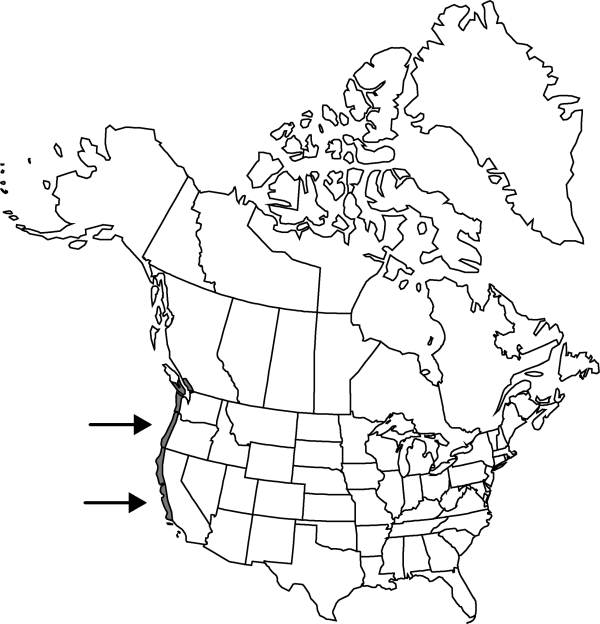Difference between revisions of "Abronia latifolia"
Mém. Acad. Imp. Sci. St. Pétersbourg Hist. Acad. 10: 281. 1826.
FNA>Volume Importer |
FNA>Volume Importer |
(No difference)
| |
Revision as of 19:59, 24 September 2019
Plants perennial. Stems prostrate, often buried in sand, usually much branched, forming large mats, succulent, densely glandular-pubescent to glabrous. Leaves: 1–6 cm; blade deltate-ovate to reniform, 2.2–4.8 × 2.7–5.2 cm, margins usually entire, sometimes slightly repand and undulate, surfaces glabrous or viscid-puberulent. Inflorescences: peduncle longer than subtending petiole; bracts ovate, 5–9 × 3–5 mm, thin, yellowish green, glandular-pubescent; flowers 17–35. Perianth: tube yellowish green, 6.5–18 mm, limb yellow, 8–13 mm diam., lobes slightly to moderately reflexed. Fruits winged, ± rhombic in profile, attenuate at both ends, 8–15 × 6–14 mm, scarious; wings 4–5, thin walled, small, cavities extending into wing.
Phenology: Flowering spring–summer.
Habitat: Sandy soils, coastal scrub, lees of dunes adjacent to strand
Elevation: 0-50 m
Distribution

B.C., Calif., Oreg., Wash.
Discussion
S. S. Tillett (1967) considered plants of Abronia umbellata var. minor (Standley) Munz to be introgressants between A. latifolia and A. umbellata.
Selected References
None.